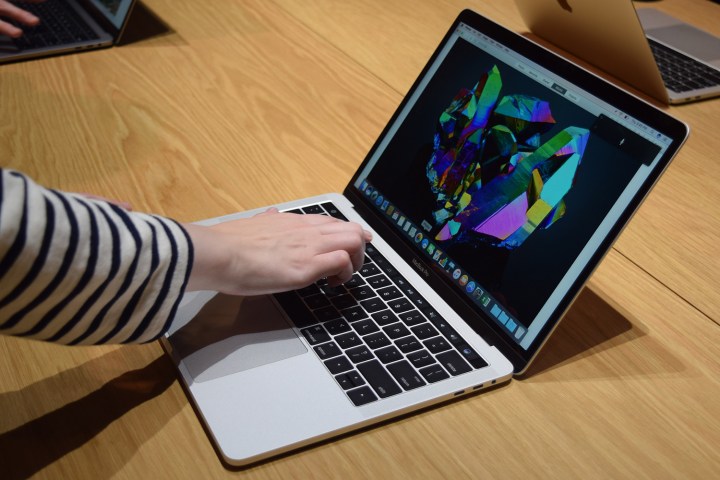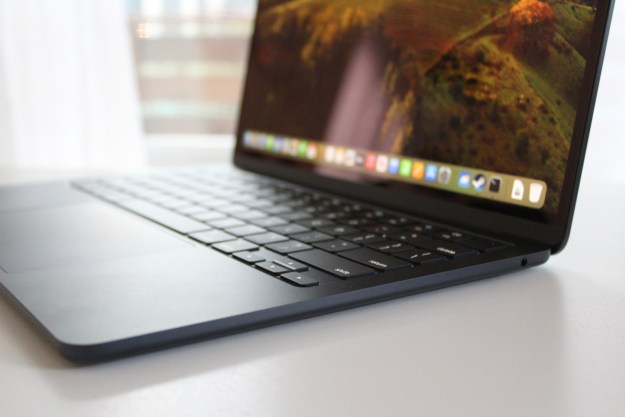
Thousands of MacBook Pro owners have started a petition to encourage Apple to recall their MacBook Pros following continued difficulties with the laptop’s keyboard. Declaring all MacBook Pro keyboards since late 2016 defective due to a failure in the butterfly mechanism supporting each key, the petition demands that Apple recall the laptops — and replace the keyboards with something new “that just works.”
Some of those users have gone beyond tweets and online petitions. CNET reports that a group of customers have filed a class action lawsuit against Apple. The lawsuit, which was filed in Northern California’s U.S. District Court, alleges that Apple failed to warn consumers about the flaws in its butterfly keyboards.
In the never-ending race to make the slimmest and lightest laptops, Apple, alongside other manufacturers, has been trimming the fat on its notebooks for years. One way Apple did so in recent generations of the MacBook Pro was to redesign the keyboard with a new “butterfly” switch of its own making. Despite a few iterations, failure rates have skyrocketed and MacBook Pro users claim that all of them are at risk of breaking or becoming stuck due to their innate fragility.
Like most of Apple’s laptops, the MacBook Pros have very poor user-repairability ratings, so those faced with sticky or stuck keys have been forced to go down the official Apple repair route. As VentureBeat highlights, those repairs can be expensive, with some users quoted as much as $700 for the fix. That, according to the authors of the petition, is simply not good enough, and they’re demanding that Apple do something about it.
The petition has so far been signed by over 20,000 people and quotes a number of MacBook Pro owners who have run into various keyboard issues, from sticky keys to defective keys to those who have found their MacBook Pro entirely unusable because of keyboard failure. They demand not only a replacement program and recall for all MacBook Pros sold since late 2016, but a fully redesigned keyboard.
If enacted, such a recall would be of an enormous scale and could cost Apple dearly. But it’s not like Apple doesn’t do product recalls when it encounters significant problems with its hardware. It recently announced a recall of the 13-inch MacBook Pro due to potential problems with its battery. That MacBook Pro is limited to the non-touch-bar version and only those produced between October 2016 and October 2017. A recall of all MacBook Pros for keyboard replacement would be on a far grander scale.
Updated on May 13: Included information regarding a lawsuit filed against Apple.
Editors' Recommendations
- The XPS 16 is fighting an uphill battle against the MacBook Pro
- MacBook Pro 16 vs. MacBook Pro 14: The important differences
- The case for buying the M2 MacBook Air over the M3 model
- Which color MacBook should you buy? Here’s how to pick
- Why you should buy a MacBook Air instead of a MacBook Pro




